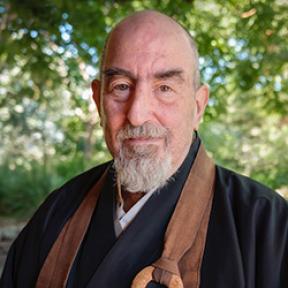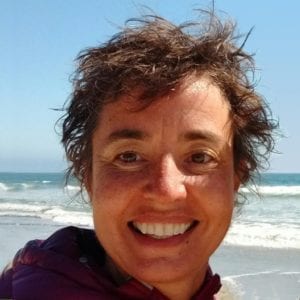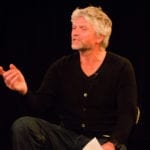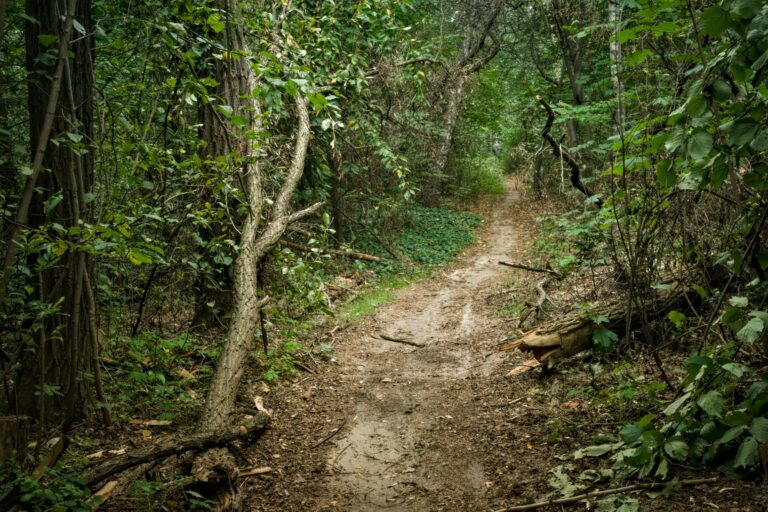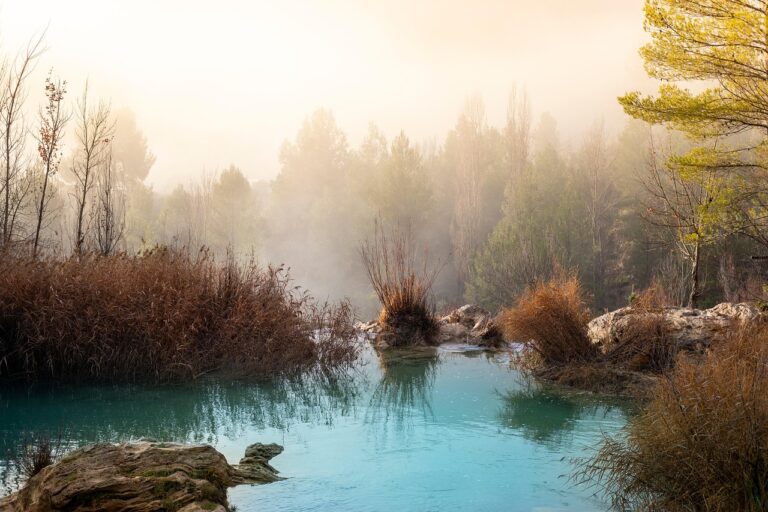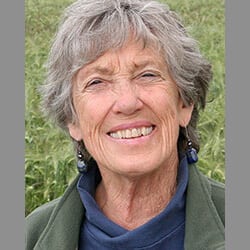Highlights
“Sometimes you may need to work on the system, and sometimes working for social change is actually working with an individual who is in that system. But everything is not reduced to an individual basis, which I think was one of the things that we contested in Buddhism, the idea that all you could do was change yourself. You know, that may be true, but it depends upon your definition of what the self is. The self is not necessarily limited to what I think of as me within this bag of skin. It also includes, right now it includes everybody unseen to me in the circle of this conversation.”
“Buddhism for our point of history is not radical individualism, but a collective vision of our collective fate and responsibility.”
“… it’s a constant question: how are we living? And it’s not just a question of, do I have a hybrid car? In a really fundamental way, I think a lot of it is where does the energy — and I mean that in a literal sense that sustains civilization — come from? And unless we renounce certain kinds of things, we’re not going to be able to change the essential ground of civilization…”
“I think it goes back to Martin Luther King’s teachings, which, of course, are rooted in both Christian and philosophical traditions. His argument was basically, you love everybody for their human nature, but you don’t love what they do. You resist what they do, particularly you resist it if it seems in opposition to life.”
“It will be painful. And this is exactly where we need each other, because our resilience is not just a personal quality. It’s also a quality that we can offer to each other.”

